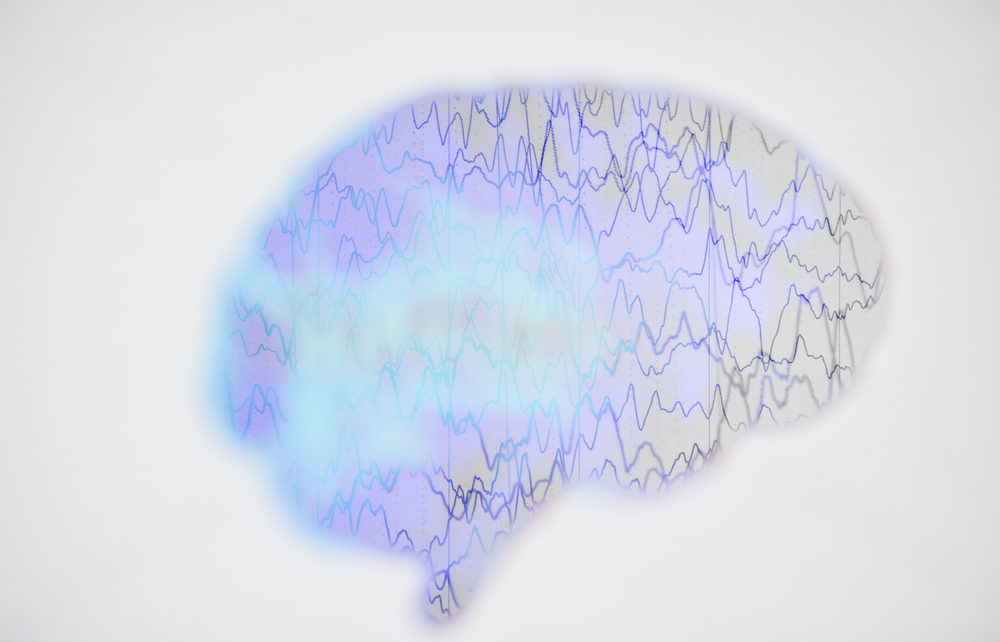Blog
Cannabis Use Affects Young Minds
As lawmakers in both the House and Senate put forward legislation to legalize marijuana federally, it is vital that researchers continue disseminating facts about the substance. Cannabis is legal in many states now, both medically and recreationally; it is a windfall for some and is potentially a recipe for disaster for other people.
The Marijuana Justice Act would remove marijuana from the Drug Enforcement Administration’s list of controlled substances. What’s more, the legislation would expunge the records of people who have been charged for or convicted of marijuana-related offenses.
While legalizing any addictive substance carries inherent risks, many lawmakers agree that ending prohibition is the best way of righting the wrongs of America’s “war on drugs.” It is a fact that the demographics affected most by roughly 100 years of marijuana prohibition is people of color and low-income individuals. Those who become caught up in the criminal justice system have their lives almost irrevocably changed.
Individuals with felony drugs charges for simple possession are unable to vote in many states, travel abroad, and they face limited employment prospects. So, legalization is likely better than the alternative from a social justice standpoint. However, legalization efforts moving forward must coincide with campaigns which aim to educate Americans about cannabis use. In some of our previous posts, we have stressed that marijuana is not benign.
Some 4 million Americans, ages 12 and older, meet the diagnostic criteria for cannabis use disorder. Moreover, the younger demographics using the substance face more severe short and long-term effects, not the least of which is addiction. Cannabis use initiation in an individual’s youth, experts say, can disrupt cognitive development and function.
Cannabis On Young Minds
While alcohol is a primary catalyst to exponentially more harm each year, a study published last fall contends that cannabis may have a more significant impact on adolescent cognitive development than liquor. The study, appearing in the American Journal of Psychiatry, looked at 3,826 teens for four years starting from seventh grade.
“This study presents stronger evidence that alcohol and cannabis both affect the teen brain by impacting memory and executive functioning,” Danielle Ramo, Ph.D., associate professor in residence and licensed psychologist at the University of California, San Francisco (UCSF), told Healthline. “However, it went further to suggest that if cannabis use persists throughout adolescence, the impacts on cognitive functioning are greater over time, and this effect was stronger among those who started using earlier.”
A more recent study may further enforce the need to arm young people with information about cannabis risk factors. The research, dealing with only 46 teens, found that marijuana use may produce changes in the gray matter of young brains. More gray matter, in fact; however, boiling down what more gray matter means is somewhat complicated.
The researchers write that they identified greater gray matter volume (GMV) in the temporal lobes of the cannabis users. They point out that “GMV in the temporal regions was associated with contemporaneous performance on the Perceptual Reasoning Index and with future generalized anxiety symptoms in the cannabis users.” However, study authors make clear that further research is necessary.
“As is always the case, more research is needed to replicate these effects, to try to understand the mechanisms, and critically, to unearth what additional factors may identify which cannabis-using kids show these effects and which ones don’t,” said Hugh Garavan, lead author of the study.
Marijuana Addiction Treatment
People who begin using cannabis at a young age put themselves at risk of facing challenges down the road. Many individuals who currently struggle with an alcohol or substance use disorder, began using as teenagers. While more research is vital for creating a clearer picture of potential harms associated with marijuana, at least one thing is sure: Habitual use of any mind-altering substance, including cannabis, can result in addiction.
At NorthStar Transitions Denver, our team of addiction professionals can help you discover the root cause of your disease. We provide clients with the tools to pursue long-term healing from cannabis use disorder, as well as heroin, meth, cocaine, alcohol and prescription drugs. Please contact us to learn more about our programs and the NorthStar difference.













